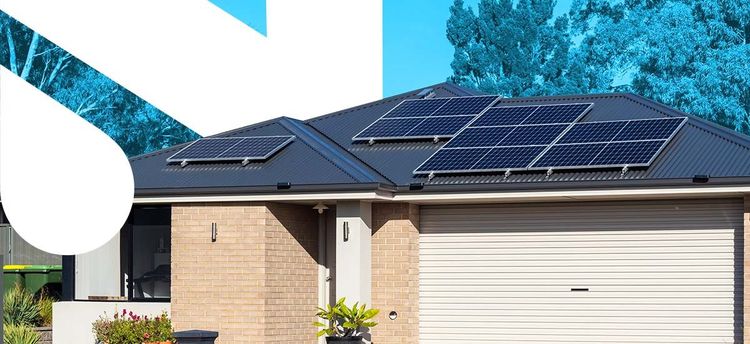10 Sep 2024

When you want to switch to a clean energy source, solar power should be at the top of your list. Most areas in the United States offer enough sunlight to power the average American home, and most solar panels are suitable for a variety of climates.
The following are some of the main benefits you can realize when you start powering your home with solar energy.
Unlike traditional fossil fuels that produce carbon dioxide when burned, solar panels harness sunlight and convert it to electricity using photovoltaic cells made of semiconductor material. This process produces no greenhouse gas emissions or pollutants such as CO2 and methane, which will help you decrease your carbon footprint and improve the health and safety of your local community.
Solar panels also support a healthier environment in the following ways:
Reduce land impact: Residential solar panels are often constructed on roofs, decreasing the need for additional space and disruption to the surrounding environment. Long life span: Manufacturers construct solar panels with quality materials to ensure they offer reliable performance without needing significant investments in maintenance or repairs. Improve air quality: Since solar panels don't produce sulfur dioxide, nitrogen oxides or other particulates, your local area will benefit from safer, healthier air.
Reducing reliance on fossil fuels is crucial to ensuring future generations have a safe and healthy planet to enjoy. Earth has a fixed amount of coal, oil and natural gas available, meaning that someday, there won't be any left to power our cars, heat our homes or manufacture crucial products.
Fortunately, all we have to do is look up to find our answer. Sunlight is an inexhaustible resource that we can collect repeatedly, and it's capable of powering our most critical infrastructure for many years to come. That makes solar power a fantastic renewable energy source and an excellent way to introduce greater sustainability in your everyday life.
Of course, solar panels aren't free, so reaping the rewards and savings of this renewable energy source does require an upfront investment. However, state and local governments often offer credits and rebates to help mitigate the cost of a solar system installation project.
The federal residential tax credit is one of the more popular credits that can be claimed on your federal income taxes, offering a dollar-for-dollar cost reduction based on the amount you paid for a solar PV system, including equipment, labor and storage costs. Solar panels installed between 2022-2032 are eligible for a 30% tax credit, which will decrease to 26% in 2033 and 22% in 2034. Eligibility requirements include:
State-specific rebates and incentives are additional ways to secure meaningful savings on your solar installation. These savings opportunities often vary from state to state, and you can learn more about the details of participating states using the Database of State Incentives for Renewables & Efficiency website. Here are a few examples of what you may see:
Converting your home to solar power is a fantastic way to get off the grid. While going off the grid is often thought of as living remotely in the woods with minimal connection to the outside world, it actually refers to becoming energy-independent. When you install solar panels, you eliminate the need to source electricity from your local utility company since you can produce your own by harnessing sunlight.
When you install solar panels, you'll also have to add storage solutions to your integrated network. Battery storage systems working in tandem with your solar power are often referred to as solar-plus-storage systems. During the day, your solar panels will collect sunlight and convert it to electricity, which is then stored in a battery for use whenever you need it. This means if your neighborhood experiences an outage during a harsh storm, you and your family will continue to enjoy a steady electricity supply. Other advantages of this newfound energy independence include:
Technology is improving daily, leading to promising innovations that continue to propel the solar energy industry forward. From integrating with smart home systems to offering transparent energy monitoring features, solar panels are ever-evolving tools that provide homeowners with seemingly limitless advantages.
Here are a few recent innovations solar energy providers have begun to implement into their products to boost efficiency and cost-effectiveness:
As the solar industry has grown over the last decade, the job market has followed closely behind. The research, production and installation of solar energy products and accompanying infrastructure have created hundreds of thousands of jobs in the United States, and around 5 million people work in solar photovoltaics worldwide.
Following the rise of solar energy's popularity, the U.S. Department of Energy created Community Solar projects designed to benefit numerous individuals and businesses. These programs allow interested parties to subscribe to a portion of the energy produced by a solar system and receive a tax credit. This offering makes it possible for those unable to install their own solar equipment to take advantage of this renewable energy source.
Switching your home to solar power is a fantastic strategy for saving more on your utility bills while simultaneously doing your part for the environment. At Northeastern Power, we believe in the long-term advantages of solar power and work hard to help homeowners secure reliable energy across New York state.
Contact our trusted solar professionals today to learn more about how we can help!